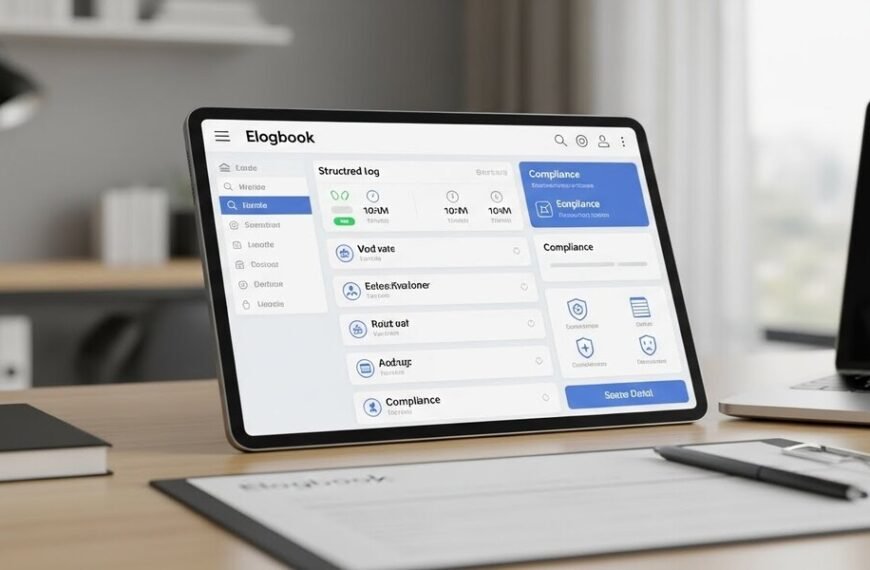Getting a new smartphone always feels exciting, but you probably want to keep it in good shape for as long as possible. Smartphones aren’t just tools for calls and apps; they hold your photos, messages, and important, sensitive data. Looking after your phone can save you time, money, and frustration down the line. Simple habits make a big difference, from how you protect the screen to the way you maintain the battery and back up your data.
Buy a screen protector and case
One of the simplest and most effective ways to protect your smartphone is by investing in a quality screen protector and case. The screen is the most vulnerable part of your phone, and a protector helps prevent scratches and cracks. Tempered glass screen protectors absorb impact better than plastic ones and feel more like your phone’s original screen. Pair that with a sturdy case designed to cushion falls and reduce damage to corners and buttons. This small upfront cost can spare you the hassle and expense of fixing a cracked screen or dented phone later down the line.
Manage battery health
You rely on your phone all day, so keeping the battery healthy matters more than you might realise. Avoid charging your phone to 100% or letting it drop to zero regularly. Instead, try to keep it between 20% and 80% to prolong battery life. Overcharging or completely draining the battery stresses it and reduces its capacity over time. Also, keep your phone away from extreme heat, such as direct sunlight or hot cars, which can cause damage to the battery. You don’t need to monitor this constantly, but simple actions like unplugging once charged and not leaving it in a hot place can help your phone stay reliable longer.
Keep everything updated
Software updates don’t just bring new features but also fix security flaws and improve performance. Regularly install updates for your operating system and apps. These updates protect you from malware and glitches that can slow your phone or even cause crashes. For example, if you delay updating, you might miss out on important security patches that guard against hackers or viruses. Set your phone to update automatically overnight if possible, so you don’t have to remember to keep manually checking.
Cloud storage
Losing your phone or having it stolen can feel devastating, especially when you lose irreplaceable photos, contacts, or documents. Using cloud storage services, like Google Drive, iCloud, or OneDrive, backs up your data automatically, so you don’t have to worry about losing everything at once. This also means you can access your files from other devices if your phone is ever unavailable. Setting up cloud storage is usually straightforward – just sign in with your account and enable backup for photos, contacts, and important files. It’s a practical step that brings peace of mind, especially if you rely heavily on your smartphone.
Mobile phone insurance
Even with all these precautions, accidents can still happen. That’s where insurance comes in. Having mobile phone insurance means you’re covered if your phone is lost, stolen, or damaged beyond repair. Instead of paying out of pocket for a new device or costly repairs, insurance can handle much of the expense and hassle. When choosing a policy, check what it covers and any excess fees. Mobile phone insurance is especially valuable if your phone is the latest or a high-end model, giving you reassurance without the stress if the unexpected occurs. It’s worth considering as part of your overall phone care plan.






